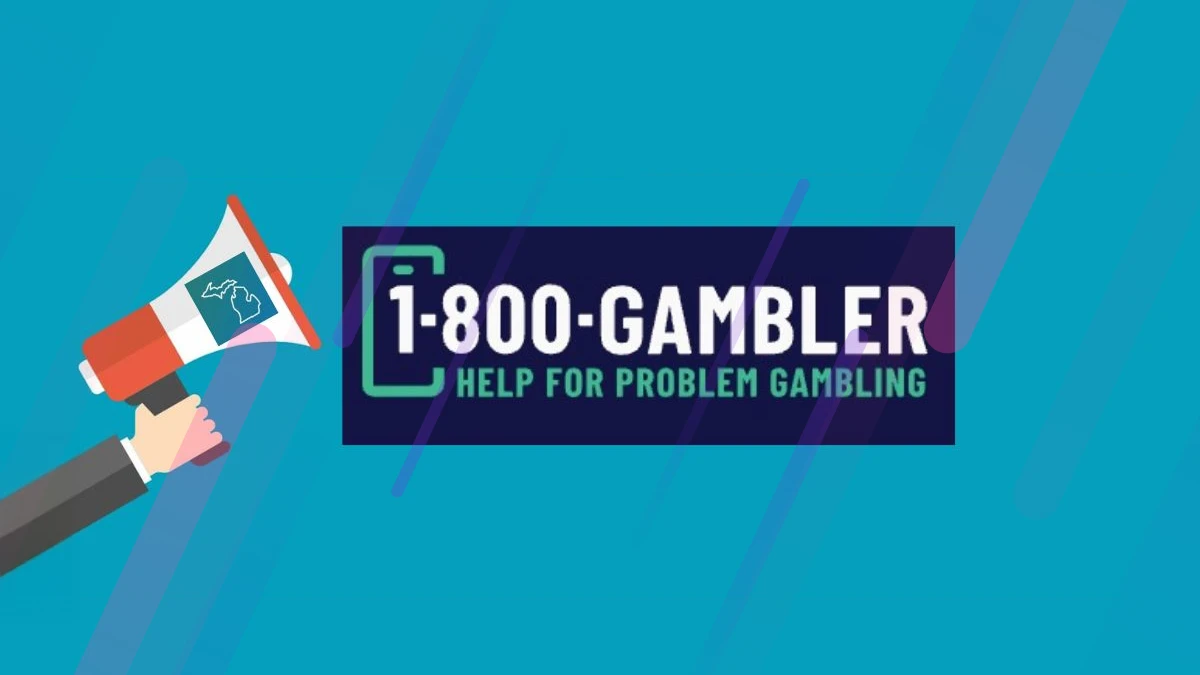Prospects for Online Casino Gaming Don’t Look Good for 2025, Says Expert

1.0
Default
2025 isn’t really seen as a good year for iGaming, according to analyst Carlo Santarelli, who works with Deutsche Bank. Santarelli stated that given the valuation in the market, significant earnings in the industry are paramount. He also pointed out the importance of partnerships with tribal gaming companies, although he also said that Maryland and Ohio have the best prospects for success regarding the legalization of iGaming, although it may well be delayed in 2025.
As the new year unfolds, the outlook for additional states approving iGaming legislation in 2025 appears bleak, according to a recent report by Carlo Santarelli, an analyst for Deutsche Bank. This forecast poses challenges for companies like DraftKings, which stand to benefit from an expanded online casino market.
Limited legislative momentum
DraftKings, a prominent player in the online gambling sector, has been banking on legislative advances to boost its revenue and earnings growth. However, Santarelli's analysis suggests that 2025 may be void of significant legislative action in the iGaming space. This comes as only seven states - New Jersey, Pennsylvania, Connecticut, Michigan, Delaware, Rhode Island, and West Virginia - currently allow online casino operations, with no new states joining the fold in 2024.
"Given the current valuation, as well as the hiccups in 2024 with respect to guidance, we see the achievability of the 2025 target as the single biggest driver of shares," Santarelli noted in his report. He emphasized that DraftKings' ability to meet or exceed its 2025 earnings and revenue guidance is critical for investor confidence. Failure to deliver on these targets could cast doubt on the company’s longer-term goals, including an adjusted EBITDA target of $1.4 billion for 2026.
Challenges in major markets
Key states like California, Florida, and Texas, which could significantly impact the iGaming landscape, are unlikely to see progress this year, according to the report.
- California and Florida: Partnerships with tribal gaming entities would be essential for commercial operators like DraftKings to enter these states. However, such arrangements are deemed "unattractive," making these markets less viable in the near term.
- Texas: The likelihood of sports betting legislation in Texas remains low for 2025, with Santarelli predicting any potential action may be delayed until 2027.
- New York: Although a lucrative market, New York presents profitability challenges due to its regulatory and tax structures.
These obstacles narrow the field of potential iGaming opportunities, leaving companies to focus on smaller or less impactful markets.
Modest prospects for new approvals
Santarelli identified six states - New York, Illinois, Ohio, Indiana, Maryland, and Maine - as potential candidates for iGaming legislation. However, he noted that only Ohio and Maryland have realistic chances of advancing in the near term, with any approvals unlikely before 2025. The two biggest states on the list, New York and Illinois, face significant legislative and regulatory hurdles, further diminishing the odds of success.
Wyoming, which introduced iGaming legislation in late 2024, was notably absent from Santarelli's analysis. With its small population, the state is unlikely to make a meaningful impact on industry leaders like DraftKings, even if legislation passes.
Strategic adjustments for DraftKings
Amid the uncertain legislative landscape, DraftKings may turn to mergers and acquisitions as a growth strategy. Santarelli highlighted the company’s robust cash position and relatively low debt as enabling factors for potential acquisitions.
“Acquisitions are likely to remain a key cog in the strategy for DraftKings, especially in the event achieving guidance targets in 2025 or 2026 appears fleeting,” Santarelli wrote. Last year, the gaming operator obtained Simplebet Inc., a microbetting service provider, and Jackpocket, an online lottery platform, signaling its intent to diversify its revenue streams.
Outlook for the industry
The overall iGaming expansion remains sluggish, with regulatory complexities and political resistance hindering growth in key markets. For companies like DraftKings, meeting earnings and revenue targets in the absence of legislative markers will be critical to maintaining investor confidence. As Santarelli concludes, the ability to execute on guidance will likely overshadow legislative developments - or lack thereof - in determining the trajectory of shares.
For now, the iGaming industry's expansion into new states seems more like a distant possibility than an imminent reality, leaving operators to explore alternative strategies to sustain growth.




















